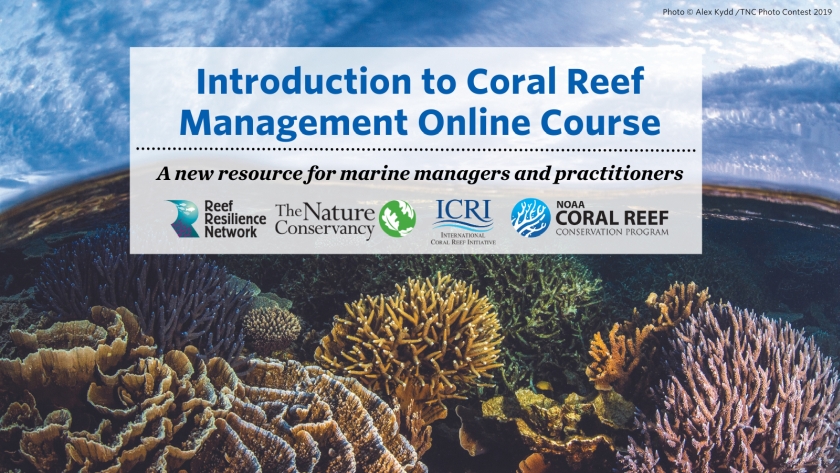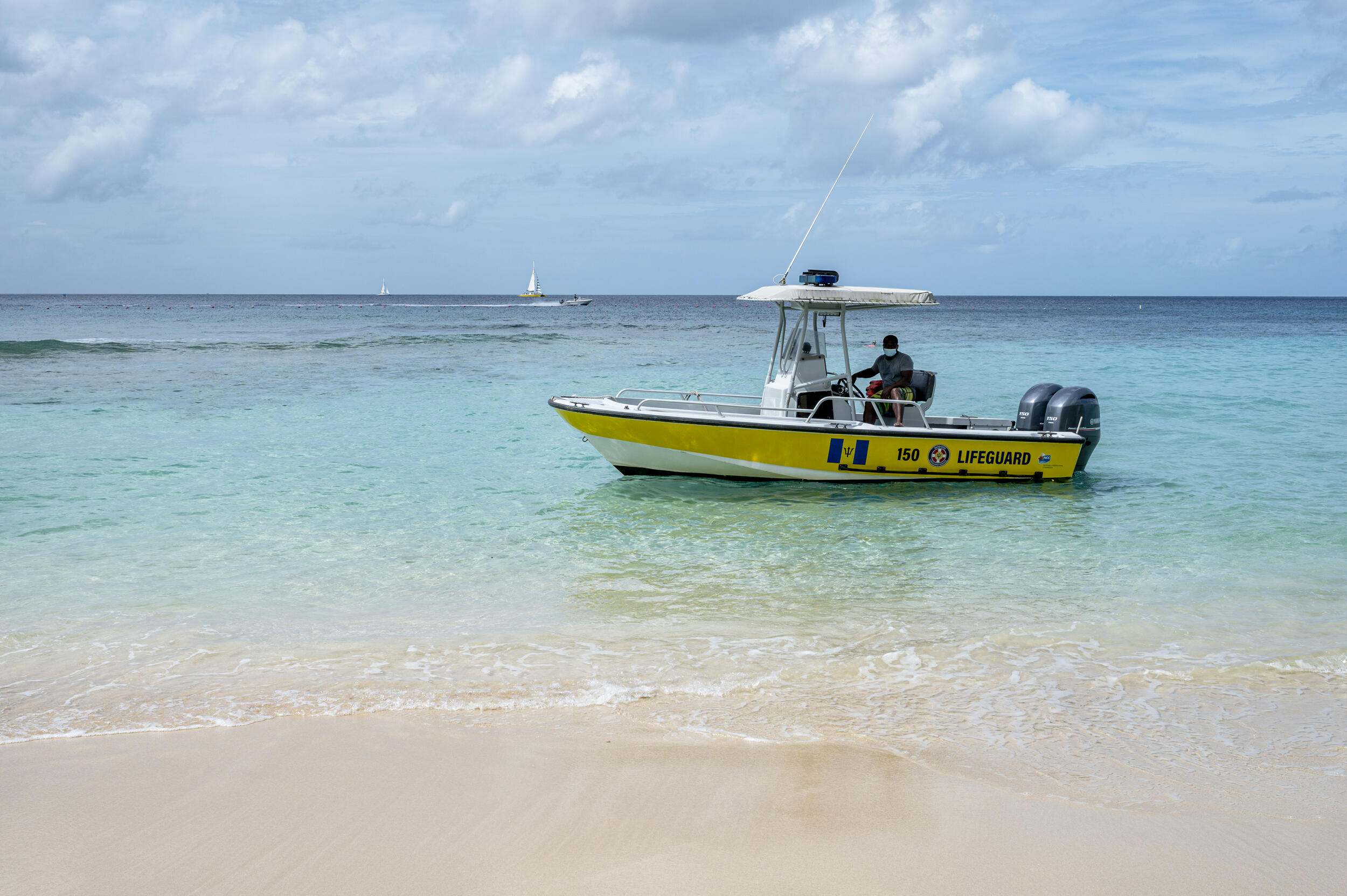
NETWORK MANAGERS
To date, more than 25,500 managers and practitioners have built skills and knowledge with training from the Network. This translates into real action for more than 21 million hectares of reef through the development and implementation of coral bleaching and disease response plans, monitoring protocols to inform resilience-based management, targeted communication, and more. Here’s how a few managers used their newfound knowledge to advance reef conservation in 2019:
With training and support from the Network, Whitney coordinated the development of a comprehensive reef resilience strategy for Guam and created outreach materials to build support for the plan from government officials. In June 2019, the Government of Guam formally adopted the Guam Reef Resilience Strategy (GRRS), calling for its immediate implementation. The GRRS is now being used to guide coral reef management and allocate funding for Guam’s 22,500 hectares of reef.
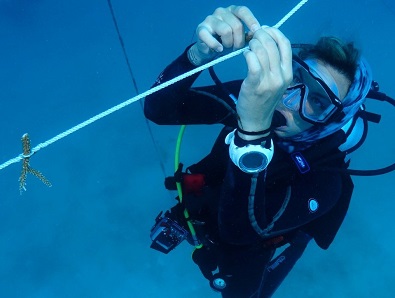
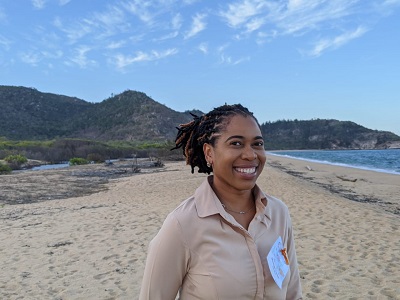
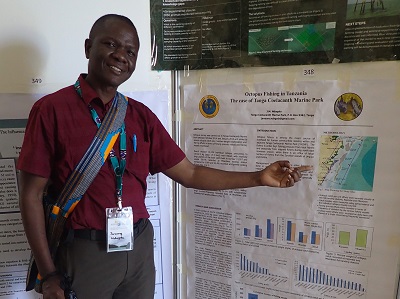
THE NETWORK IN ACTION
In 2019, Network Members from around the world connected with peers, content experts, and tools to expand their knowledge and strengthen their ability to protect vital and vulnerable coral reefs through the following Network offerings:
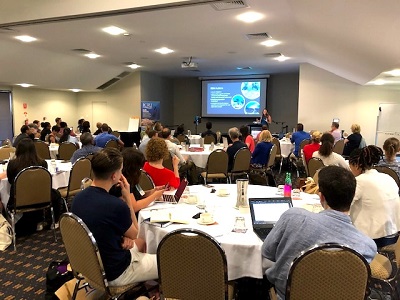
Four training workshops on coastal and marine ecosystem services, adaptive MPA management, strategic communication, and resilience-based management held in St. Lucia, the Seychelles, Cuba, and Australia.
Two mentored online courses on reef restoration and communication planning, using a new online coral restoration course in English and Spanish and a strategic communication planning guide.
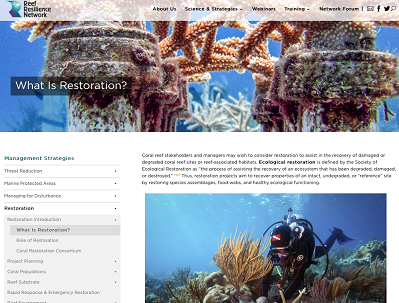
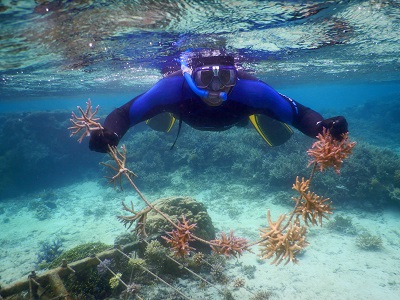
Five new case studies developed by Network managers and experts featuring innovative management strategies in Fiji, Puerto Rico, Malaysia, and Australia.
Fifteen expert-led webinars on the topics most requested by managers, including coral restoration, sustainable financing for coral reef conservation and management, and Stony Coral Tissue Loss Disease.
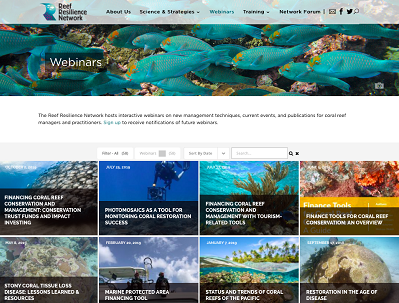
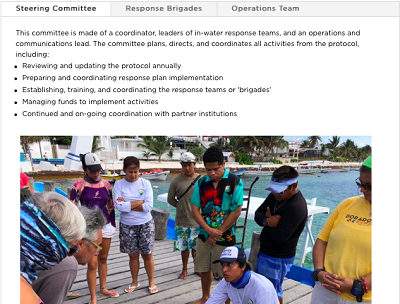
OUR PARTNERS HELP US GROW
The Network would not be possible without the generous support from dozens of partners and the contribution of time and expertise from hundreds of experts. Special thanks to our partnership with NOAA’s Coral Reef Conservation Program, who have from the inception of the Network, provided funding and collaboration to support delivery of skill-building and exchange opportunities. In 2019, we launched and expanded some exciting new partnerships for Network Members:
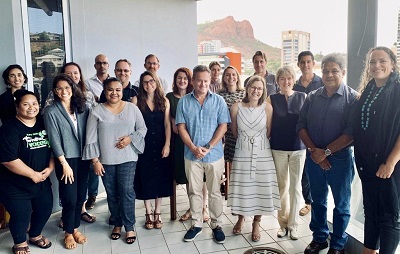
Our partnership with the Resilient Reefs Initiative helped us provide resources and mentorship to managers and practitioners participating in the Initiative, including the two new Chief Resilience Officers leading resilience strategy development and implementation at Ningaloo, Western Australia and New Caledonia.
Our collaboration with the World Resources Institute, National Geographic Society, and Vulcan Inc. is informing future data platforms to enhance reef management and monitoring. This year, we surveyed Network members to inform the development of the Allen Coral Atlas – the first-ever seamless global mosaic of high-resolution satellite imagery of the world’s coral reefs.
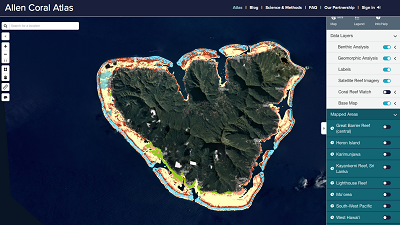
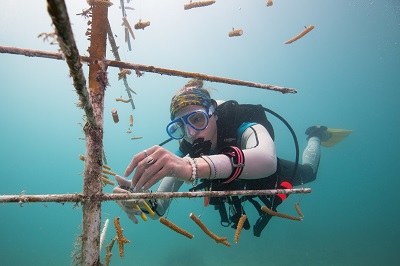
Through our continued partnership with the Coral Restoration Consortium (CRC), we’re contributing to the growing field of reef coral restoration. In 2019, we hosted the CRC website and webinar series, and partnered with Australia’s Reef Restoration and Adaptation Program, The Nature Conservancy’s Caribbean Program, and SECORE to host a 6-week mentored online restoration course for 86 participants from 29 countries and territories.
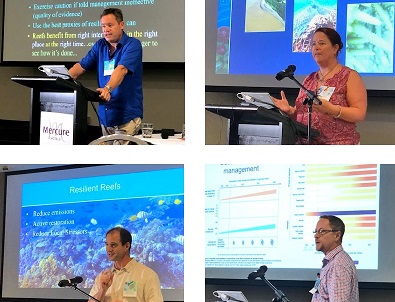
THANK YOU
Many thanks to our members and contributors for all you do to improve one another’s ability to manage and restore the world’s coral reefs! It is an honor and privilege to collaborate with you to advance our collective skills and knowledge.
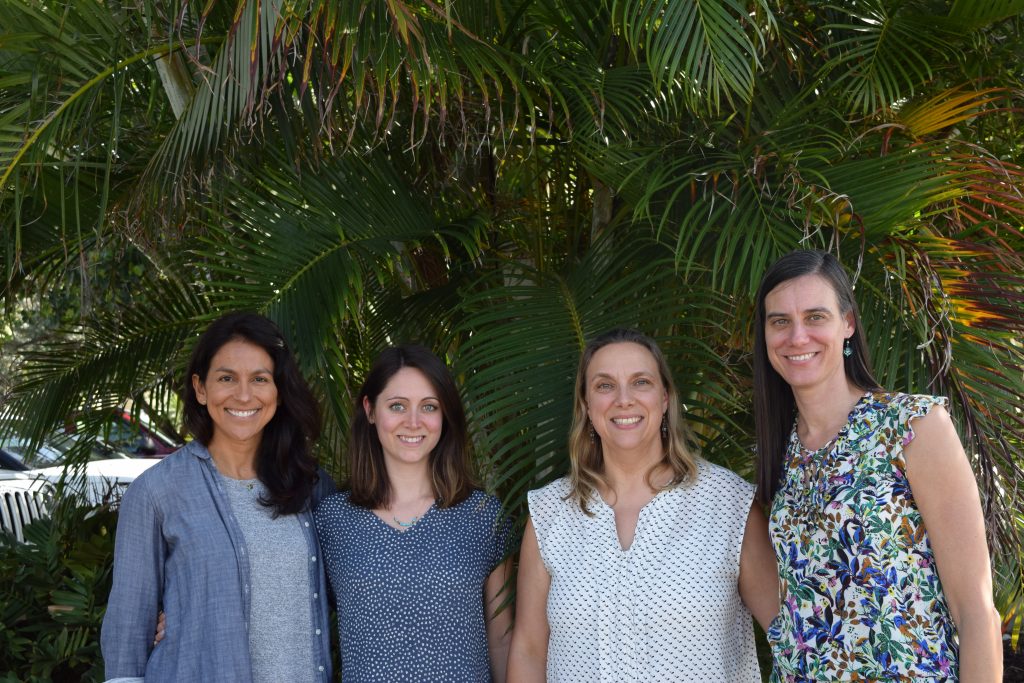
Photos top to bottom: © Whitney Hoot, Monique Curtis, TNC, TNC, TNC, Reef Explorer Fiji Ltd., TNC, TNC, Resilient Reefs Initiative, Allen Coral Atlas, Jennifer Adler, TNC, TNC.

